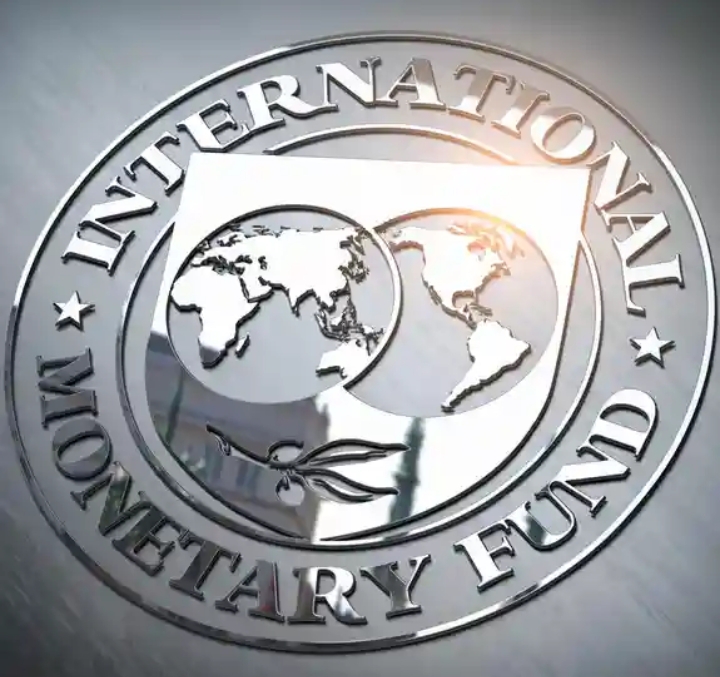The IMF praised Nigeria's economic reforms under President Tinubu but warned that poverty and food insecurity remain high. Despite stabilizing the economy and ending fuel subsidies, challenges persist due to falling oil prices and inflation, with the IMF urging further monetary measures and targeted relief for the vulnerable.
IMF Applauds Nigeria's Reforms, Warns Poverty and Food Insecurity Persist


The International Monetary Fund (IMF) has acknowledged the economic reforms implemented by Nigeria's government under President Bola Ahmed Tinubu, but cautioned that high levels of poverty persist despite these efforts.
In a report released on Friday, Axel Schimmelpfennig, the IMF mission chief for Nigeria, stated, "The Nigerian authorities have taken important steps to stabilize the economy, enhance resilience, and support growth." However, he emphasized that "gains have yet to benefit all Nigerians, as poverty and food insecurity remain high."
Schimmelpfennig's remarks followed his visit to Lagos and Abuja from April 2 to 15, where he engaged with a range of stakeholders, including government officials, central bank representatives, private sector leaders, academia, labor unions, and civil society groups. His statement was informed by these discussions.
The IMF, which provides loans to developing economies in exchange for implementing economic reforms, has faced criticism for linking financial assistance to measures that can sometimes worsen conditions in recipient countries. Nigeria has received several such loans from the IMF in the past.
Schimmelpfennig's statement came amid rising social unrest in Nigeria, driven by inflation and a growing cost-of-living crisis. In October, the World Bank reported that more than half of Nigeria's population — approximately 129 million people — were living below the poverty line, with poverty rates soaring over the past six years.
While the IMF praised the Nigerian government's decision to end fuel subsidies and recognized improvements in the foreign exchange market and fiscal debt management, Schimmelpfennig noted that the country still faces significant uncertainty. This is largely due to falling oil prices, which have affected Nigeria's export earnings, and the global economic risks that continue to loom.
The Nigerian government has indicated that it plans to address the impact of declining oil prices in its 2025 budget. Schimmelpfennig also recommended that Nigeria adopt monetary policies to reduce inflation and channel savings from the fuel subsidy removal into the national budget.
His statement concluded by calling for targeted adjustments that protect essential investments and expedite the delivery of cash transfers, backed by the World Bank, to support those struggling with food insecurity.

 বাংলা
বাংলা  Spanish
Spanish  Arabic
Arabic  French
French  Chinese
Chinese 
